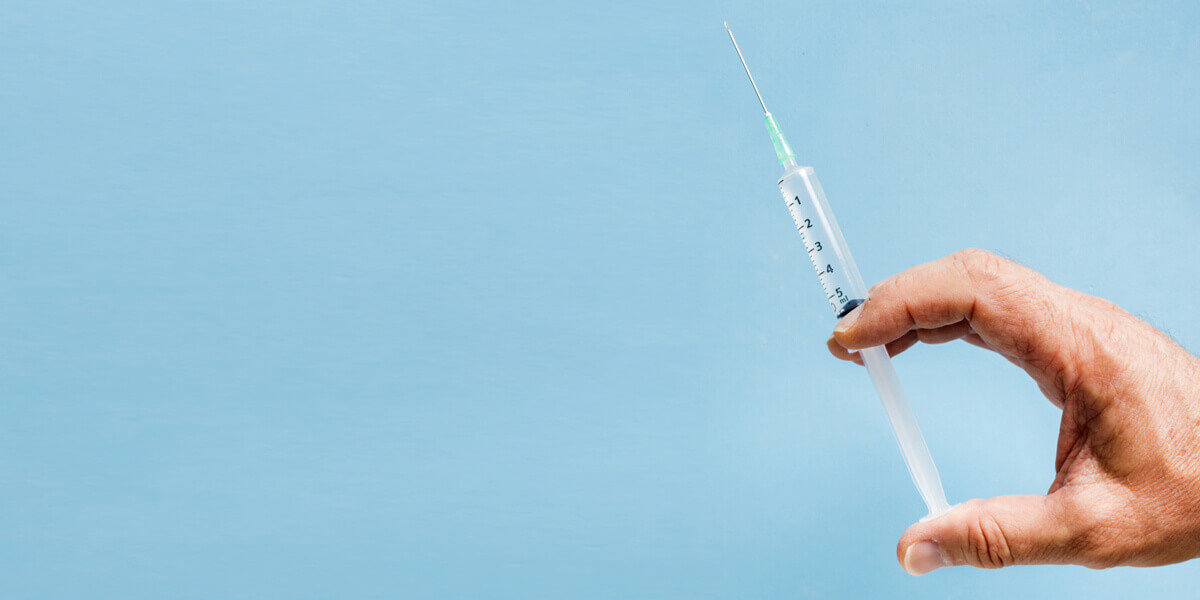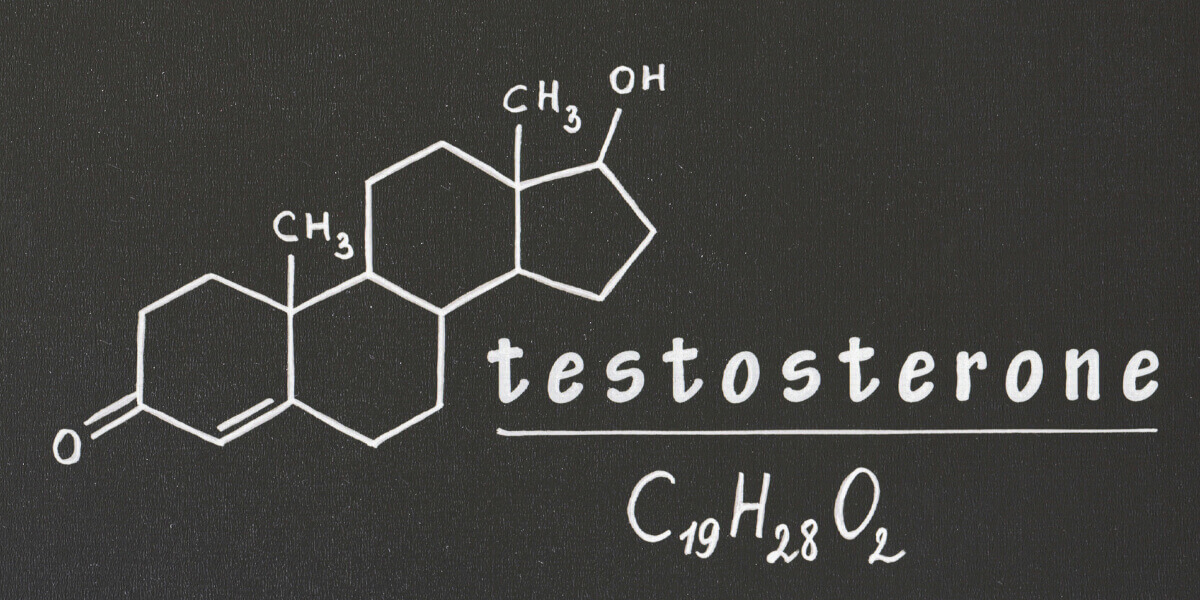Many people associate taking steroids, particularly testosterone, with athletes and bodybuilders who are looking for an edge. Most serious athletes will tell you that the drive to win is fierce, and besides the satisfaction of personal accomplishment, athletes often pursue dreams of winning a medal for their country or securing a spot on a professional team. In such an environment, the use of performance-enhancing drugs has become increasingly common. However, the reality is that the majority of men seeking illegal private testosterone injections or gels do so because they have become symptomatic of low testosterone (LT), starting to feel fatigued and noticing that they are working hard for very few gains at the gym.
Testosterone Replacement Therapy
Testosterone is the main hormone required for male development and sexual function, produced primarily in the testicles. Testosterone is responsible for building muscle and bone mass, sperm production, and sex drive. In a normal developing male, testosterone peaks during their early adulthood, but once you reach the age of 30, testosterone levels slowly decline by approximately 1% a year. This is a normal part of the natural ageing process. However, when the levels are low there can be a plethora of symptoms including:
- A change in regular sleep patterns
- Reduced sex drive (low libido)
- Infertility
- Emotional changes and relationship issues
- Fatigue
- Decreased strength and reduced muscle mass
- Increased appetite and weight gain
Often, men self diagnose low testosterone based on the symptoms they see and seek illegal testosterone replacement therapy like private testosterone injections from their gym or online, choosing to self-medicate either using gels or injections. Self-medicating is when people choose to take hormones without a prescription, and there are a number of reasons why people may choose this option. For instance, some men feel the process of getting hormones prescribed legally is taking too long but are unable to or do not wish to pay for private consultations. The levels at which some doctors will treat low testosterone vary from place to place and so a borderline outcome may result in a recommendation of treatment through lifestyle changes, which may not be a quick enough or easy enough fix for some. They may have had a bad experience with doctors or been refused a hormone prescription in the past. They might not be fully informed about the process of obtaining hormones legally and are unaware of their options.
However, self-medicating is really not advisable. Many hormones, including testosterone, are illegal to possess or sell without a prescription, in fact, unprescribed testosterone is considered to be a Class C drug. This is because taking hormones without being monitored properly by a doctor can cause the body serious harm, not to mention that illegally acquired testosterone is usually more expensive and may be of a lower quality than prescription medication.
Causes Of Low Testosterone
The main concern besides the illegality of self-medicating is that low testosterone levels can be caused by other underlying conditions which are potentially more serious illnesses that need treating urgently, but because the relief caused by self-medicating may mask some of the symptoms, the underlying cause may go ignored. There are many other potential causes of low testosterone, including the following:
-
- Chemotherapy for cancer
- Metabolic disorders such as hemochromatosis which is too much iron in the body
- Dysfunction or tumours of the pituitary gland
- Medications, including opioids, hormones used to treat prostate cancer, and steroids
- Acute (short-term) or chronic (long-term) illness
- Alcohol abuse
- Cirrhosis of the liver
- Chronic renal (kidney) failure
- HIV/AIDS
- Inflammatory conditions such as sarcoidosis (a condition that causes inflammation of the lungs and other organs)
- Kallman syndrome (abnormal development of the hypothalamus, a gland in the brain that controls many hormones)
- High levels of the milk-producing hormone prolactin
- Obesity or extreme weight loss
- Uncontrolled type 2 diabetes mellitus
- Obstructive sleep apnea
- Estrogen excess (usually from an external or environmental source)
- Previous anabolic steroid abuse
- Severe primary hypothyroidism
One of the other issues with self-medicating with private testosterone injections is that when a man finally feels so bad they approach a real doctor instead of Gary from the gym, it will be really difficult to get to the bottom of the problem. Dr Jeff Foster says that the only way to find out if the patient has low testosterone is to take them off everything for six to twelve months as it can take that long to record an accurate baseline. However, Dr Jeff reports that many men do not want to wait for that time period as their symptoms return dramatically and as they have reduced their pituitary function by self-dosing, their bodies make even less testosterone than it did before. He also notes that 40% of men that he sees with symptoms of low testosterone do not actually need testosterone replacement therapy because their low levels are being caused by lifestyle issues, poor diet, anaemia, or vitamin D deficiency, all of which are relatively easily corrected.
So, whether you are a top athlete that has begun to struggle a little, a keen gym enthusiast who isn’t seeing the results you would expect or you just feel that your ‘get up and go’ has gone, the best advice is to see your GP and get tested. An even better idea is to see a men’s health specialist such as Dr Jeff Foster, who has many years of experience in treating low testosterone and will perform very thorough tests to rule out other complications before treating you.
About Dr Jeff Foster

A Men’s Health specialist and Medical Director and founder of H3 Health. I’m passionate about raising awareness of all aspects of Men’s Health, and heavily involved in both teaching and health promotion. I’m a committee member of the British Society of Sexual Medicine, and have been involved in writing the most recent national guidelines for testosterone deficiency in men.
Get in touch with Dr Jeff
If you are a prospective patient and wish to see Dr Jeff privately, then you can book an appointment via H3 Health (03309 120769 – National Rate). Alternatively if you are a member of the Media, then please use our contact form for media enquiries.







